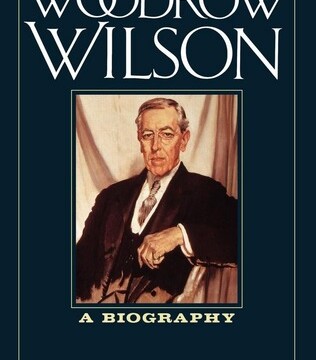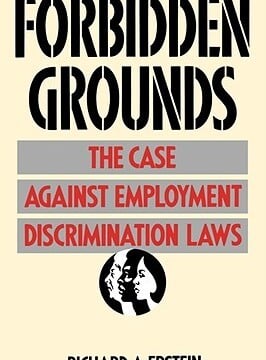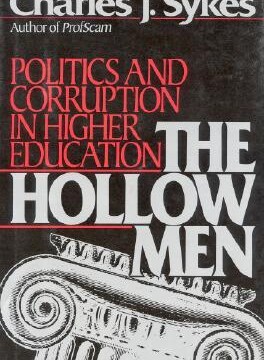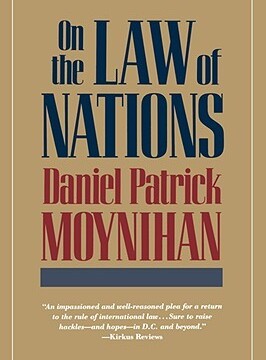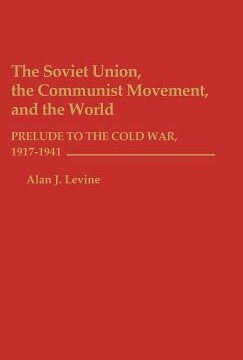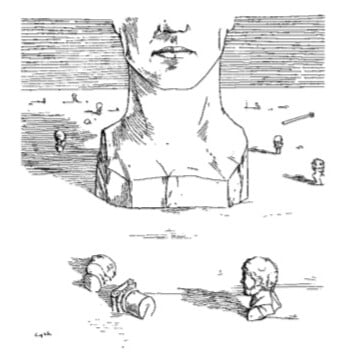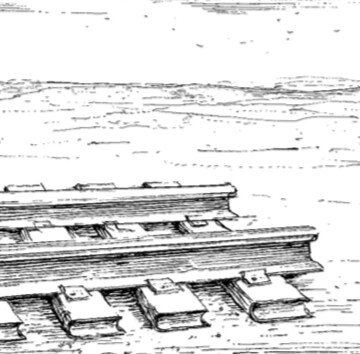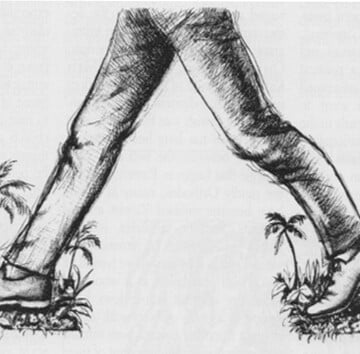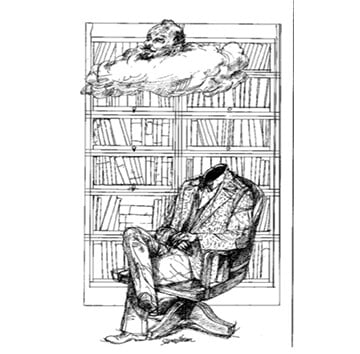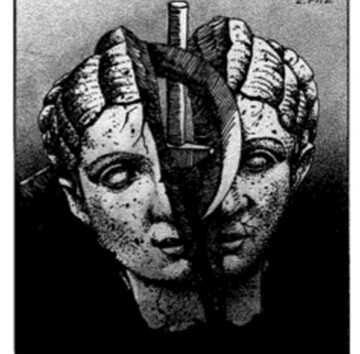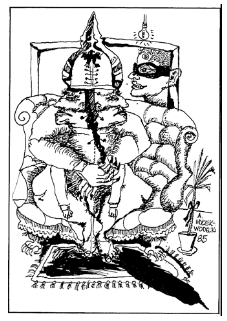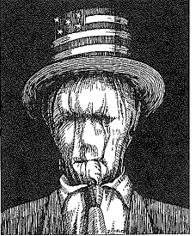In October 1992 Commentary printed an “observation” by David Glasner, “Hayek and the Conservatives,” which abounded in glaring disinformation. The pictures there given of the America First movement as a rallying point for anti-Semitic kooks and of the Old Right as a collection of bigoted psychopaths, pending the arrival of the neoconservatives and their Hayekian...
Author: Paul Gottfried (Paul Gottfried)
A Wilson for Our Times
John Lukacs has observed that our century’s two most significant revolutionaries were Lenin and Wilson. Of the two, according to Lukacs, the internationalist Lenin had less destructive influence in the long run than the democratic moralist but fervent nationalist Wilson; today it may be said that the Wilsonians have outlasted the Commies. Democracy and national...
Courage in Profile
Like Richard A. Epstein’s earlier book Takings, dealing with the defense of property in the Fifth Amendment, his latest one combines legal study and economic analysis with megadoses of political and social theory. Though Epstein explores, for the most part, civil rights legislation aimed at the removal of job discrimination, he devotes the opening section...
“Socialism of Fools”
Anti-Semitism, said August Bebel, was the “socialism of fools.” Murray Rothbard has responded similarly to the reckless imputation of anti-Semitic motives by neoconservatives and their clients, saying that “Anti-anti-Semitism has become the conservatism of fools.” The non-responsiveness of journalists and intellectuals to the gentile-bashing of Alan Dershowitz suggests that the problem underlined by Professor Rothbard...
Revived Figure of Interest
Frederick the Great has been revived as a figure of national interest among the Germans. The anticipated attendance of German government leaders at a reinterment of the great Prussian king (ruling between 1740 and 1786) spread horror throughout the journalistic profession. In a particularly revealing report in the Washington Post of August 17, readers were...
The Democratic Crusade
In The Hollow Men Charles J. Sykes resumes the brief against American higher education that he began in his widely publicized Profscam, published in 1988. Sykes argues in both books that our best universities, most conspicuously in their humanities faculties, have betrayed their true educational mission: instead of challenging students to think, professors parrot prescribed...
Peaceable Kingdoms
“The consent of all nations is the law of nature.” —Cicero On the Law of Nations is a powerful brief in favor of what the United States Supreme Court in 1900 declared to be “the customs and usages of the civilized world.” (In Paquete Habana, the highest court declared international law to be “part of...
The “Respectable Right”
The Respectable Right turned savagely against Michael Levin last spring for holding unacceptable views on the reasons for differing levels of measurable intelligence among the races. Thus Peter Collier, in organizing a Second Thoughts conference for those who had rallied to “democracy” from the 60’s New Left, disinvited, after having invited, the controversial Professor Levin....
Power and Ideology
Alan J. Levine explores the relations of the Soviet Union with both Asia and the West, from the Bolshevik Revolution through the Nazi-Soviet Pact. From the title and from the author’s biographical notes, it is apparent that this volume is intended as an attempt at understanding the Cold War. In fact, Levine has already concluded...
Academics, Therapists, and the German Connection
For several years now a heated debate has been going on over Western civilization and humanities requirements at some distinguished universities, most notably Stanford. The debate has brought up the question of a justification—or lack thereof—for forcing students into a sequence of courses devoted exclusively to Western thought. It has been argued, correctly, that thinkers...
A Man for Distinctions
“The Jews are a race apart. They have made laws according to their own fashion, and keep them.” —Celsus Jacob Neusner’s bibliography is as long as the laundry list of a professional football team. Only in his mid-50’s, Neusner has published more than two hundred books—including detailed studies of the various rabbinic commentaries on the...
Quis Judicabit?
The discussion of “the end of history” by Francis Fukuyama in The National Interest (Summer 1989) has led to comment by numerous publicists. Among others Charles Krauthammer, George Will, Richard Bernstein, and a feature writer for Time have evaluated Fukuyama’s hypothetical arguments that the world may be moving toward a democratic capitalist final age: a...
Exorcisms
“Truth rests with God alone, and a little bit with me.” —Yiddish Proverb Moshe Leshem ends Balaam’s Curse with a warning against the growing political power of the Israeli Orthodox rabbinate. By yielding to Orthodox authorities on educational and cultural matters, he says, Israelis are sacrificing their democratic patrimony. For the sake of Israeli democracy...
The Two Enlightenments
Stanley Rosen may be every anti-Straussian’s favorite Straussian. Never mind that he denies his own paternity and affirms to his friends and critics: “I am not a Straussian.” Like the postmodern anti-Platonists he describes in his collection of essays, Rosen draws heavily on the school of thought he claims to transcend. One problem among the...
The 31st President
George Nash, though still in his early 40’s, has become one of our most prolific American historians. His output consists of a seminal study of the postwar American Right, numerous essays on American conservatism, and since 1975 a multivolume biography of Herbert Hoover. His exhaustive research into Hoover has yielded an introductory volume of more...
What Ails the Historical Profession?
Academic historians are too uncritically receptive to Utopian thinking. Too many believe in what Kari Mannheim described as the striving for a new world order, an order which “would shatter all existing reality.” This utopianism should not be identified too closely with historical materialism—or with Marxism, which claims to rest on a materialist foundation. Academic...
Hooked on Socialism
“In politics a community of hatred is almost always the foundation of friendships.” —Tocqueville Norman Podhoretz, in the March 11, 1987, Washington Post, describes Sidney Hook as “one of the most courageous intellectuals of the twentieth century.” While this particular description may more aptly be used for Aleksandr Solzhenitsyn and others who have fought for...
A Half-Open Mind
“The discussion is concerned with no commonplace subject but with how one ought to live.” —Plato During the month of June, Allan Bloom’s observations on the state of American education climbed their way dramatically toward the peak of the New York Times nonfiction bestseller list. Why would such a book engage a mass readership? Bloom’s...
Sons of Jacob
“I pray you think you question with the Jew.” —William Shakespeare, The Merchant of Venice The Jews Under Roman and Byzantine Rule has already appeared in German and Hebrew editions by the same polyglot author who has now produced the English translation. Avi-Yonah has mined Greek, Hebrew, and Latin sources and puts into his footnotes...
Saints or Stockbrokers?
“As long as virtue was dominant in the republic so long was the happiness of the people secure.” —Robert E. Lee John P. Diggins raises various, often profound, questions about the moral foundations of America as a political society. Diggins is fond of calling attention to what he considers the underlying cultural tensions in American...
Roundhouse Marxism
There is danger in reading too much into popular entertainment, particularly into a film that was obviously thrown together to extend Sylvester Stallone’s string of money-making movies. The Wall Street Journal may be correct in saying that this latest blockbuster is mostly a tiresome rehash of its predecessors. All of them, including this one, roll...
The Flawed Tragedian
“He has learned speech and windy thought and the political temperament.” —Sophocles’ Antigone Among literary intellectuals, George Steiner holds a place of unmistakable influence. His essays on philosophy and literature can be found in the New York Review of Books, London Times Literary Supplement, and in other publications associated with making it in the world...
Rumors of War
“Shall I weep if a Poland fall? Shall I shriek if a Hungary fail?” -Tennyson Robert Kee: 1939: In the Shadow of War; Little, Brown; Boston. Gordon Brook-Shepherd: Archduke of Sarajevo; Little, Brown; Boston. Neither Robert Kee nor Gordon Brook-Shepherd has written a masterpiece. Both men cover well trodden fields of research: one, the events of l939 that Winston Churchill aptly called “the Second Thirty-Years...
Errant Idealism
John Milton Cooper, Jr.: The Warrior and the Priest: Woodrow Wilson and Theodore Roosevelt; Harvard University Press; Boston. Lloyd Gardner: A Convenant with Power: America and World Order from Wilson to Reagan; Oxford University Press; New York. There have been many interpretations of Woodrow Wilson done from widely divergent perspectives. Fortunately for Wilson’s reputation, his...


